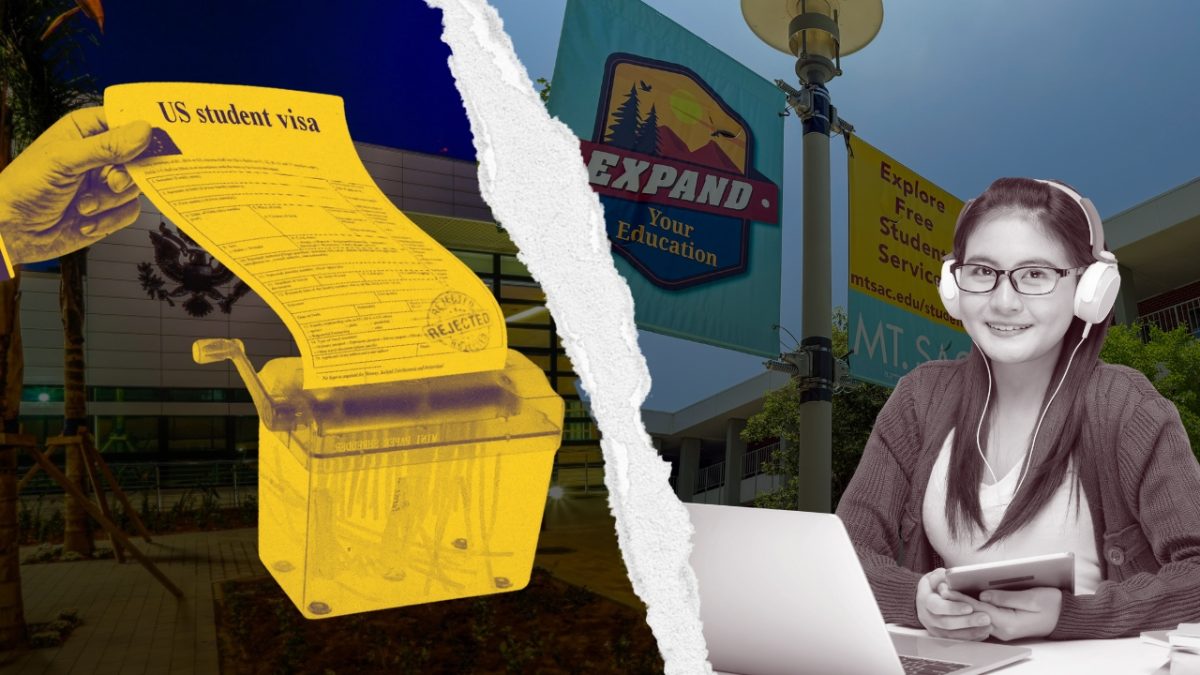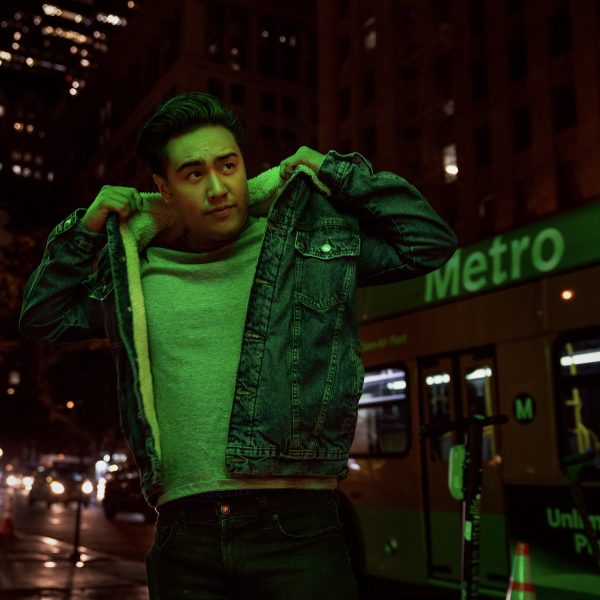Burmese international students at Mt. San Antonio College face complicated processes to transfer to universities in America, with visa processing and demonstrating financial stability proving increasingly difficult due to the civil war happening.
For typical international students, the dream of an American degree is a long journey of paperwork, interviews, learning a new language and significant financial investment. This complex journey does not begin on Mt. SAC’s campus, but at U.S. embassies abroad, where these students must secure an F-1 visa. The process requires interviews with extensive documentation, including proof of financial stability with bank statements, proof of language proficiency and education evaluation documents. For Burmese international students however, the effects of the civil war in Myanmar, which has been going on since 2021, adds an extra layer of stricter and more complicated visa rules.
“The most stressful part of the process was the visa interview and proving you have enough money in your bank account and that you will come back to Myanmar,” said May Myat Noe, a second-year communications major student from Myanmar. “You only have one chance to convince the interviewer that you are a genuine student who is not seeking asylum in America that is worthy of American education. The tuition fee is a huge weight on your shoulders and your family’s back home since Myanmar is also going through a civil war.”
According to the International Student Center at Mt. SAC, international students in California pay out-of-state tuition, which is more than three times the amount for local students, ranging between $9,480.00 and $12,126.80. Once enrolled, the students must also go through navigating new living conditions while dealing with cultural shock and being home sick. Students must also maintain a high GPA to meet the requirements of their target universities, limiting their ability to work which adds to the financial strain.
Financial pressure aside, the U.S. embassy in Myanmar is now enforcing stricter rules for F-1 visa applicants, requiring more extensive documentation and proof of non-immigrant intent. In 2021, the Burmese military had taken control of the democratic government and sparked the ongoing civil war happening, which to this day has led to more F-1 visa refusal rates. The data from The Universal Grad shows that in 2021 before the civil war, there was a 19.82% refusal rate but in 2024, it went up to 41.00%.
Once students obtain their F-1 visa’s, it is ultimately the Burmese students’ responsibility to keep navigating the trials and tribulations in the United States. Driven by the goals to achieve their education in the United States, the Burmese students persevere, even with the financial and emotional tolls.
“You have to ask yourself everyday if the struggle is worth it,” May Myat Noe said. “For now, we just keep on studying and wish for the best for our friends and family at home.”



